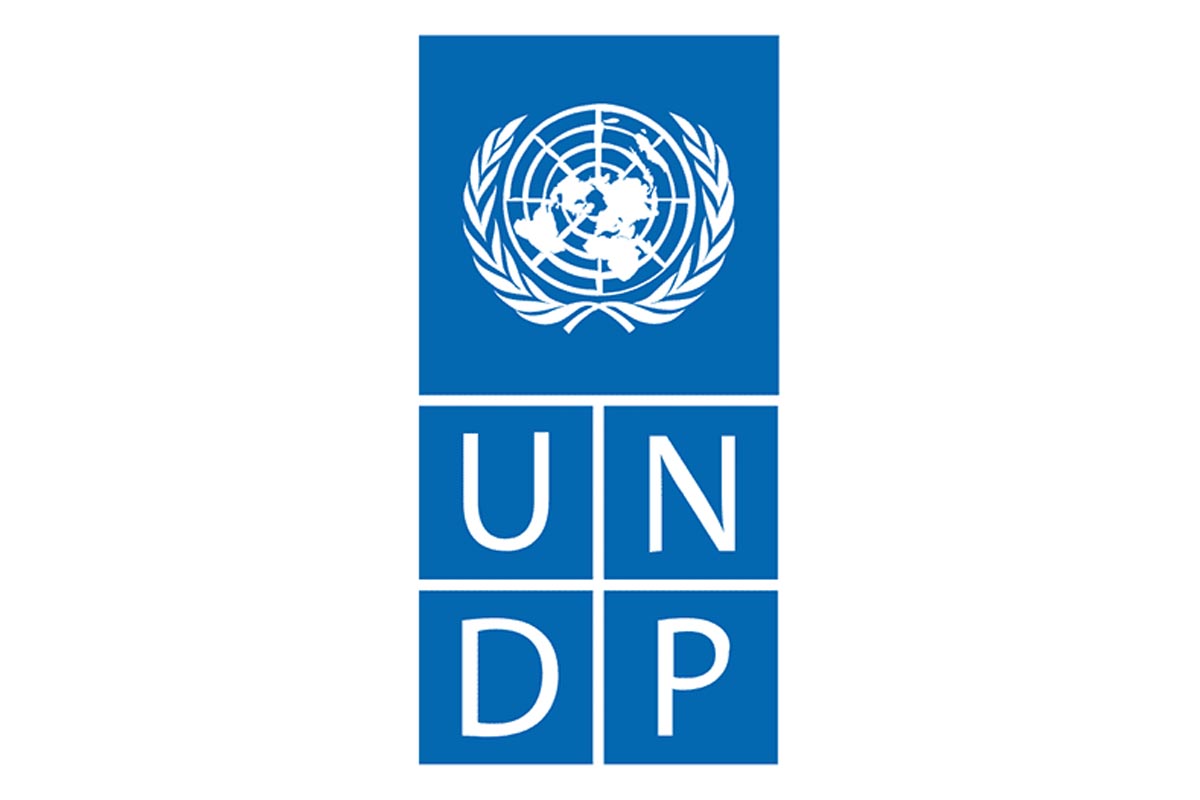Kenya secures funding to tackle climate change challenges
The United Nations (UN)-backed Green Climate Fund (GCF) has approved 50 million US dollars for key projects to bolster climate resilience and promote sustainable development in Kenya.
The game was designed to bust myths and spread awareness related to COVID-19 while offering an immersive experience to the users.

At a time when the COVID-19 pandemic has impacted the lives and livelihood of people at all strata of society, the United Nations Development Programme (UNDP) today launched an innovation database to collate some 1,500 solutions developed by grass root communities, individuals, startups, students and other innovators across the country that can be implemented at the community level.
These innovative solutions, ranging from simple to complex in design, form part of Grassroot Innovation Database (GRID) that was launched by UNDP Accelerator Lab India to foster inclusive development.
Advertisement
The unique database caters to various sectors which include livelihood, natural resource management, agriculture, agrobiodiversity, pest management, water management, farm machinery, biodiversity conservation, augmentation, inclusive growth, waste management and circular economy.
Advertisement
GRID has been co-created for public use by GIAN (Grassroots Innovation Augmentation Network), Honey Bee Network Institution and UNDP- Accelerator Lab-India.
It can be accessed at grid.undp.org.in The UNDP Accelerator Lab India was launched a year back to leverage technology to evaluate localised problems and address the solutions in partnership with local stakeholders, thus augmenting the success of SDG (Sustainable Development Goals) in the country.
The network taps into local innovations to create actionable insights and reimagine sustainable development for the 21st century.
The Accelerator labs globally try to address development challenges, especially Environment, Social and Governance (ESG) issues by scouting for local solutions and integrating the learnings through international network. In India, the UNDP Accelerator Lab has been engaged in ground-breaking work on developmental innovations.
From using Geospatial technology, Artificial Intelligence and Mobile technology to target hotspots of air pollution from space to leveraging Blockchain for agricultural value chains and IoT for water conservation in agriculture, there are many.
The Lab also conducted an innovation challenge in December 2019 to seek the best technological innovations towards air pollution mitigation in India.
Similarly, as part of its COVID-19 response strategy, the India Accelerator Lab designed and delivered an innovative game ~ Corona Champion ~ under pro-bono partnership with IPE Global.
The game was designed to bust myths and spread awareness related to COVID-19 while offering an immersive experience to the users.
“We believe that if an individual with little or no resources can solve an issue through strategic innovation, why cannot we, as an organisation with the necessary prowess, address it in a manner that helps to scale it up and take it to wider groups of communities,” the UNDP Accelerator Lab team said, speaking on the Grassroot Innovation Database launch.
“GrassRoot Innovation Database will encourage inclusive development, which has become all the more critical in the COVID era.”
The team stressed that during the time of COVID-19 there is need for innovation at all levels, from hi-tech to low level, involving various stakeholders.
“There is exponential growth of innovations during COVID and a lot of innovative platforms,” said Swetha Kolluri, Head of Experimentation, UNDP Accelerator Lab, India, at a webinar for media persons.
“People are trying new ways of conducting business.” At the macro level, said Rozita Singh, Head of Solutions Mapping, UNDP Accelerator Lab, India, GRID demonstrates to the policy makers that there is potential to learn from creative communities and individuals at the micro level, as this encompasses solutions that can be implemented on ground in real time, complemented by the fact that being tried and tested the cost of failure is minimal.
“GRID can also be leveraged for setting up distributed enterprises and for catering to the local or niche markets,” she added. On the Blockchain project for Indian spices, Krishnan Srinivasaraghavan, Head of Exploration, UNDP Accelerator Lab, India, said it was introduced after a lot of consultation, especially in the COVID scenario.
“We thought of increasing farmers’ income while boosting livelihood,” he added. Earlier, addressing a multi-stakeholder round table discussion on “Investments for Innovation”, Prof K Vijay Raghavan, Principal Scientific Advisor, Union government, said, “The vulnerable section of the society needs to be provided with quality education, food, health facilities and an environment which has equal opportunities for all. Expertise from grass-root innovators can foster inclusivity in this form of development.”
Prof Anil Gupta, founder of GIAN, said, “Our objective is to give voice, visibility and velocity to the creative and innovative communities and improve their livelihood, conservation of biodiversity and associated knowledge system for inclusive development. Lot of practices in GRID are in DIY mode which can be used by people freely: the grid reaches the poorest with possibility of using knowledge about innovations for augmenting their well-being.”
Advertisement